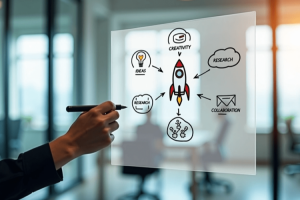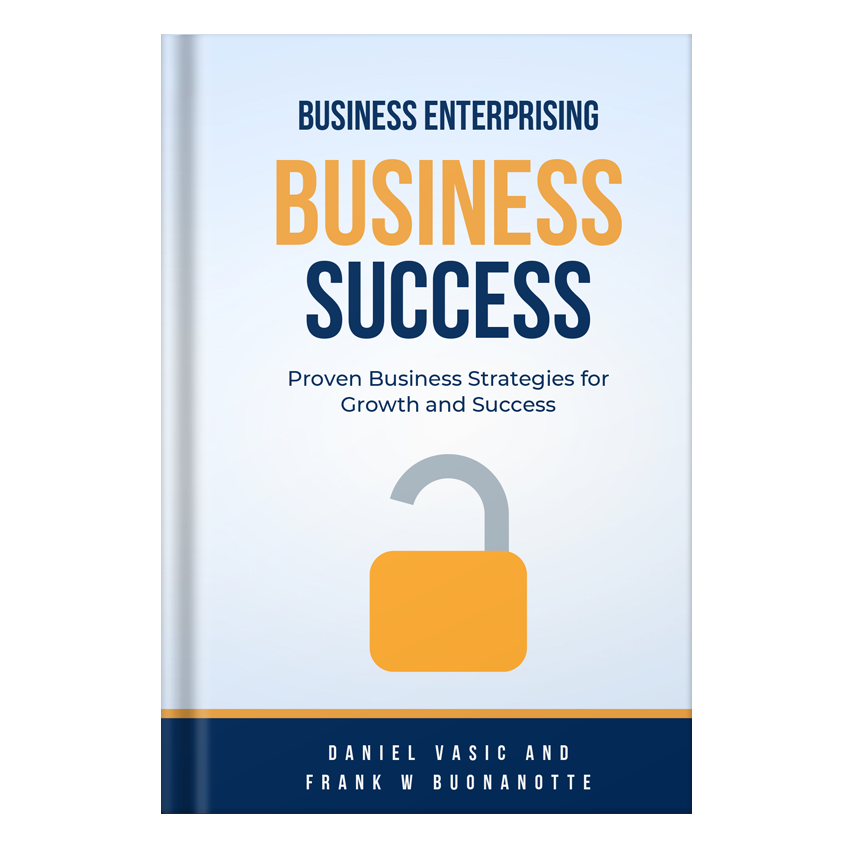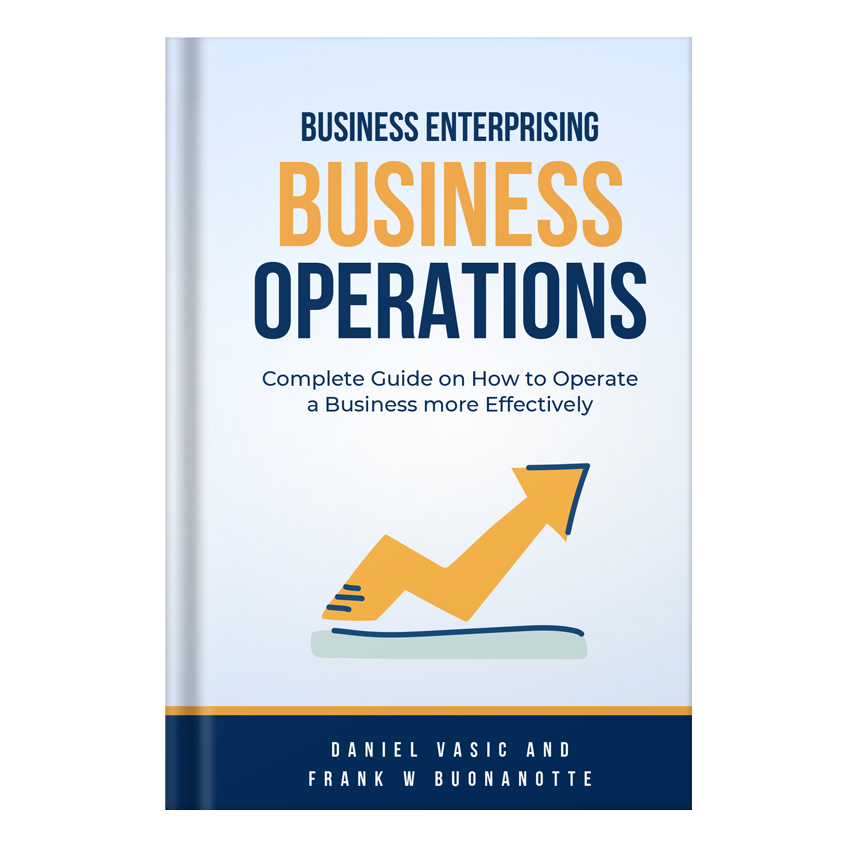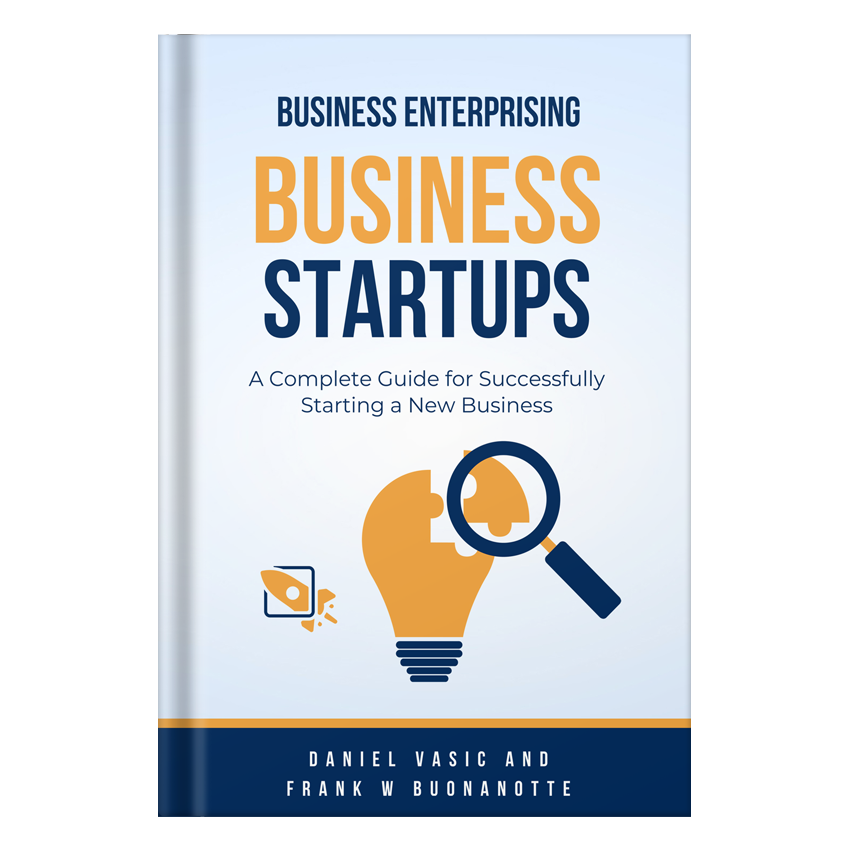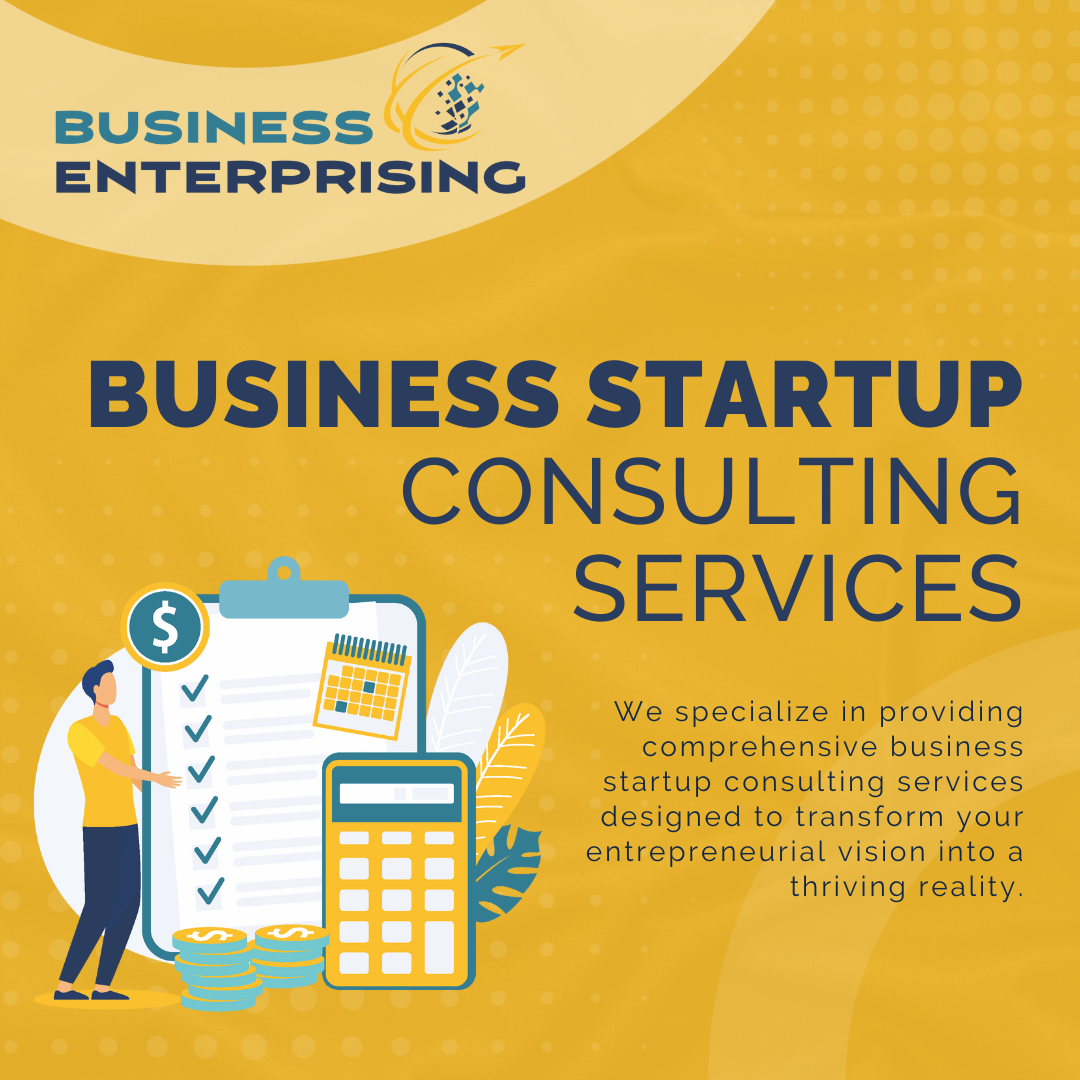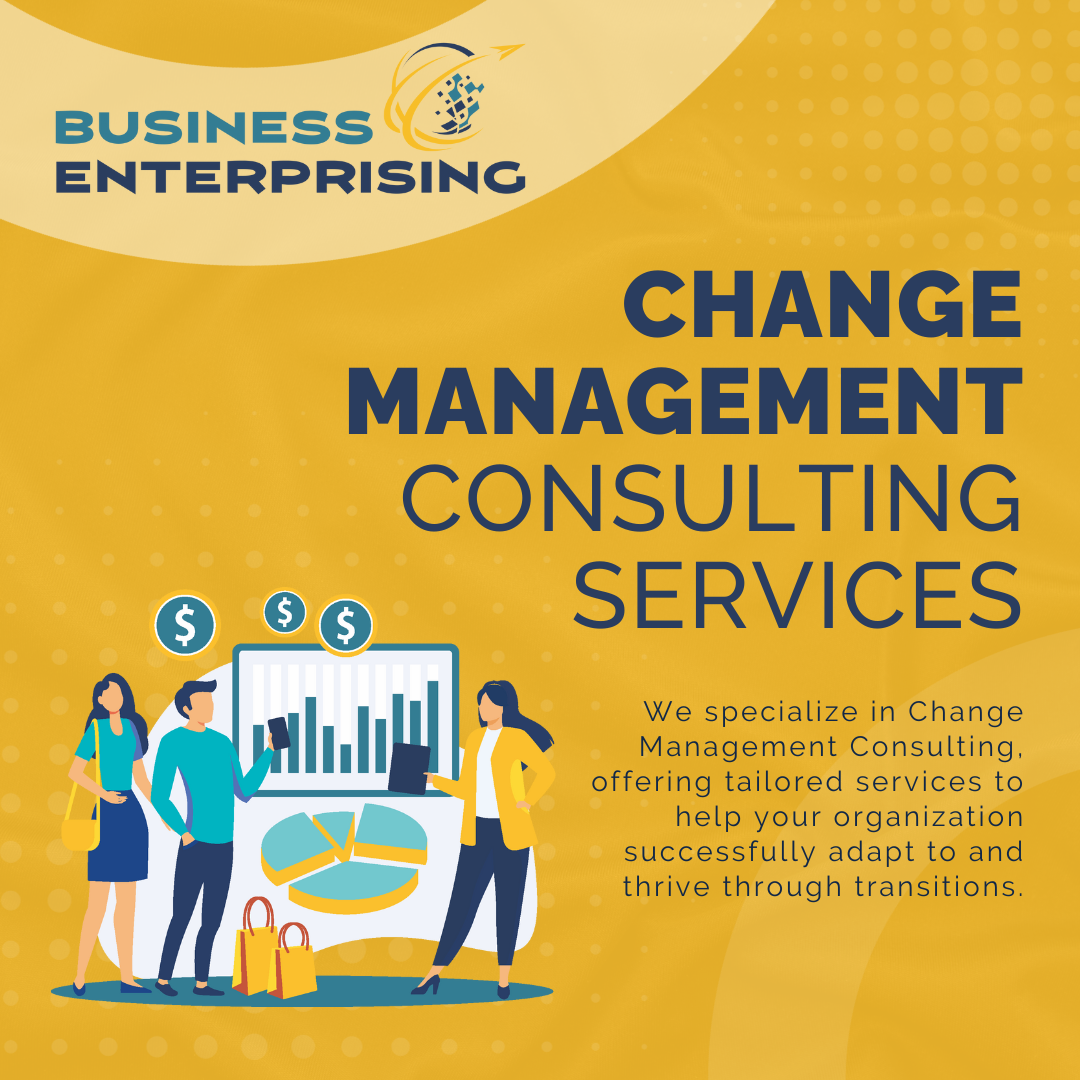Building a Brand in the U.S. Market
Building a brand in the U.S. requires clear strategy, strong messaging, and a deep understanding of American consumer expectations. You must not only introduce your product but also explain why it matters. Therefore, your brand needs to stand for something specific. Clarity and relevance help you connect with your audience faster. However, competition is high…
Read articleRetail Business Challenges and Solutions
Running a retail business comes with constant change and pressure. Retail business challenges affect everything from inventory and staffing to marketing and technology. You must react quickly while still keeping long-term goals in mind. Therefore, planning and adaptability are both necessary for daily success. However, reacting alone is not enough. You also need to identify…
Read articleHow to Communicate Change Effectively
Effective communication is one of the most important parts of leading change. Knowing how to communicate change effectively helps reduce confusion, address concerns, and increase cooperation. Your ability to share the right message, at the right time, in the right way, makes a direct impact. When communication is thoughtful and clear, you create stronger alignment…
Read articleUpdating and Maintaining a Business Website
Updating and maintaining a business website is not just a task but a strategic necessity. Your website serves as the virtual storefront of your brand, often providing the first impression to potential customers. An outdated website can deter visitors, leading them to question your company’s credibility and professionalism. Conversely, a well-maintained site reflects a thriving,…
Read articleInternational Business Expansion Tips
Expanding your business into global markets requires planning, flexibility, and local insight. You must evaluate risks while looking for real growth opportunities. These international business expansion tips will help you enter new markets with greater clarity and fewer surprises. By applying practical strategies, you can reduce costly mistakes and move forward with confidence. Each country…
Read articleMarketing Strategies for Business Startups
Launching a startup presents numerous challenges, with effective marketing strategies for business startups being paramount to success. Navigating the competitive landscape requires innovative approaches to capture attention and drive growth. However, limited resources often necessitate creative solutions. Understanding your target audience is the first step in developing a successful marketing plan. By identifying their needs…
Read articleGrowth Opportunities in the U.S. for Foreign Companies
The United States presents a wealth of opportunities for foreign businesses. By comprehensively understanding the market landscape and strategically planning your entry, your company can successfully capitalize on growth opportunities in the U.S. Expanding your business into the United States offers substantial growth opportunities. The U.S. boasts a vast consumer market, advanced infrastructure, and a…
Read articleCreating a Startup Business Plan
Embarking on a new business venture requires meticulous planning and foresight. Creating a startup business plan is a fundamental step in this process. This document serves as a roadmap, outlining your business goals and the strategies to achieve them. By detailing each aspect of your business, you set a clear path toward success. A well-structured…
Read article






